Traditional, old-fashioned cleaning supplies are made with excessive packaging, non-essential ingredients like extra water and harmful ingredients. Sure, some of these really clean well but in the end the risks outweigh the benefits. You might end up with a sparkling and shiny countertop, but you could be adding to the nation’s overflowing landfills, poisoning the oceans and making your family sick. Now could be the time to refresh your cleaning routines in a good way. So what kind of eco-friendly cleaning products also keep you healthy?
Reducing Waste
One of the easiest ways to cut back on paper towel use is to swap them out for bar towels, a great idea shared by Martha Stewart. Those made from microfiber are highly recommended because they absorb a lot of liquid and are also great for degreasing surfaces, cleaning up bacteria and dusting. They are also good for cleaning windows, drying produce and cleaning off cars and bikes. Once the towel is dirty, simply toss it into the laundry hamper. They are also inexpensive, and you won’t have to shell out so much dough for paper towels.
Another way to reduce waste is to buy some of the newer cleaning products that are sold in concentrate form. Hand soap is one example – you can purchase one soap dispenser and a set of soap pods. Drop one in, add water and presto – liquid soap. When it runs out, add a new pod and water; no need to buy a new dispenser each time.
There are also companies that make multi-purpose cleaning concentrates in tablets and other forms that are made from biodegradable ingredients. Look for ones that are fragrance-free or made with plant-based scents or essential oils. If you really want to be eco-friendly, also buy from companies that donate a portion of their profits to environmental nonprofit groups.
Say Adios to Harsh Chemicals
When it comes to healthier cleaning practices, simplicity is the way to go. Many of these products are only made with plant-based ingredients and are packaged in refillable containers. Be sure to read those labels, and look for phrases like “sustainably sourced” and “certified non-toxic.”
If you aren’t sure where to start with switching over to eco-friendly, healthier cleaning, Better Homes & Gardens suggests checking with the U.S. Environmental Protection Agency (EPA)’s list of “signal words.” The EPA website has an “Environmental Working Group’s Label Decoder” that explains how to read labels and identify more harmful ingredients. Products that contain these can be avoided.
As an example, the word “antibacterial” on a label means that the product has pesticides in it that kill viruses, molds and bacteria. While this could be effective for eliminating germs, it should be avoided in cleaning products. Enzymes are another watchword, because they are thought to cause respiratory problems and asthma in factory workers who make those products. Another one to look out for is fragrance, which can be produced from chemicals or natural sources.
Healthier Cleaning Product Ingredients
The cleaning products industry does not heavily regulate its ingredients, so consumers have to be educated enough to understand what certain words actually mean. Words like “non-toxic,” “organic” and “natural” are actually used as marketing terms, and should not be given serious consideration when making healthy choices. So instead of simply buying something that is labeled as organic, look for the USDA Organic logo or the U.S. Department of Agriculture’s “Certified Organic” logo.
Green Seal and EcoLogo are two independent agencies that offer independent certifications for eco-friendly cleaning products. They have manufacturers send in data to show product effectiveness, and the agencies ensure that the goods meet the current green standards. Look for these certifications on commercial cleaners, but you can also find them on some household cleaners.
What About Allergies?
Eco-friendly cleaning products can be better for your health and the environment, but some can produce allergic reactions. Many green products are made with essential oils that provide pleasing scents, but they are known to trigger allergic reactions in some people. If you want to try a cleaning product made with an essential oil, use it very sparingly at first just in case – and never pour it right onto the skin. People with allergies can stick to fragrance-free cleaners to avoid any problems.
Speaking of allergic reactions, another way to prevent them is to buy a HEPA vacuum cleaner. Better Homes & Gardens explains that effective HEPA filters can remove about 100% of airborne allergens, as well as the normal debris, dust and dirt. You can find upright, handheld and cordless vacuums with HEPA filters, and rest assured that using them will help you and your family breathe easier.
The post Eco Friendly Cleaning Products to Keep You Healthy appeared first on Better Homes and Gardens Real Estate Life.

 Facebook
Facebook
 X
X
 Pinterest
Pinterest
 Copy Link
Copy Link


